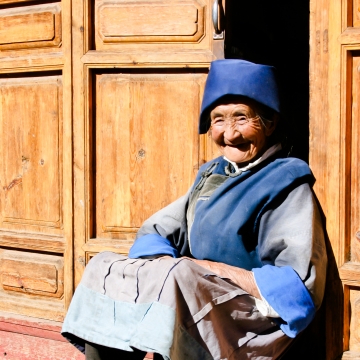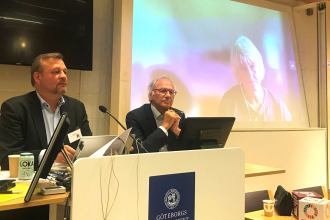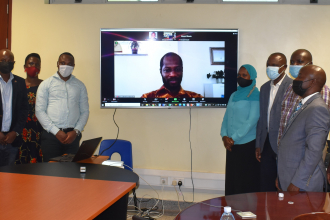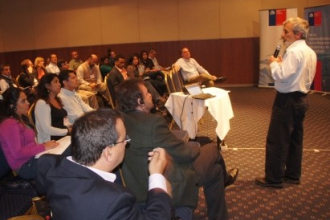The paper examines the determinants of vulnerability to expected poverty in Tanzania. Following Landau et al. (2012), Chaudhuri (2000) and Chaudhuri et al. (2003) on estimating Vulnerability to Expected Poverty (VEP), the paper uses a three waves of Tanzania National Panel Survey Data for Tanzania collected between 2008/2009, 2010/2011 and 2012/2013 to find that being employed in agriculture, residing in rural area and household size turns out to be significantly more likely to be poor in the future, at a given consumption level and in all cross-section combination.





